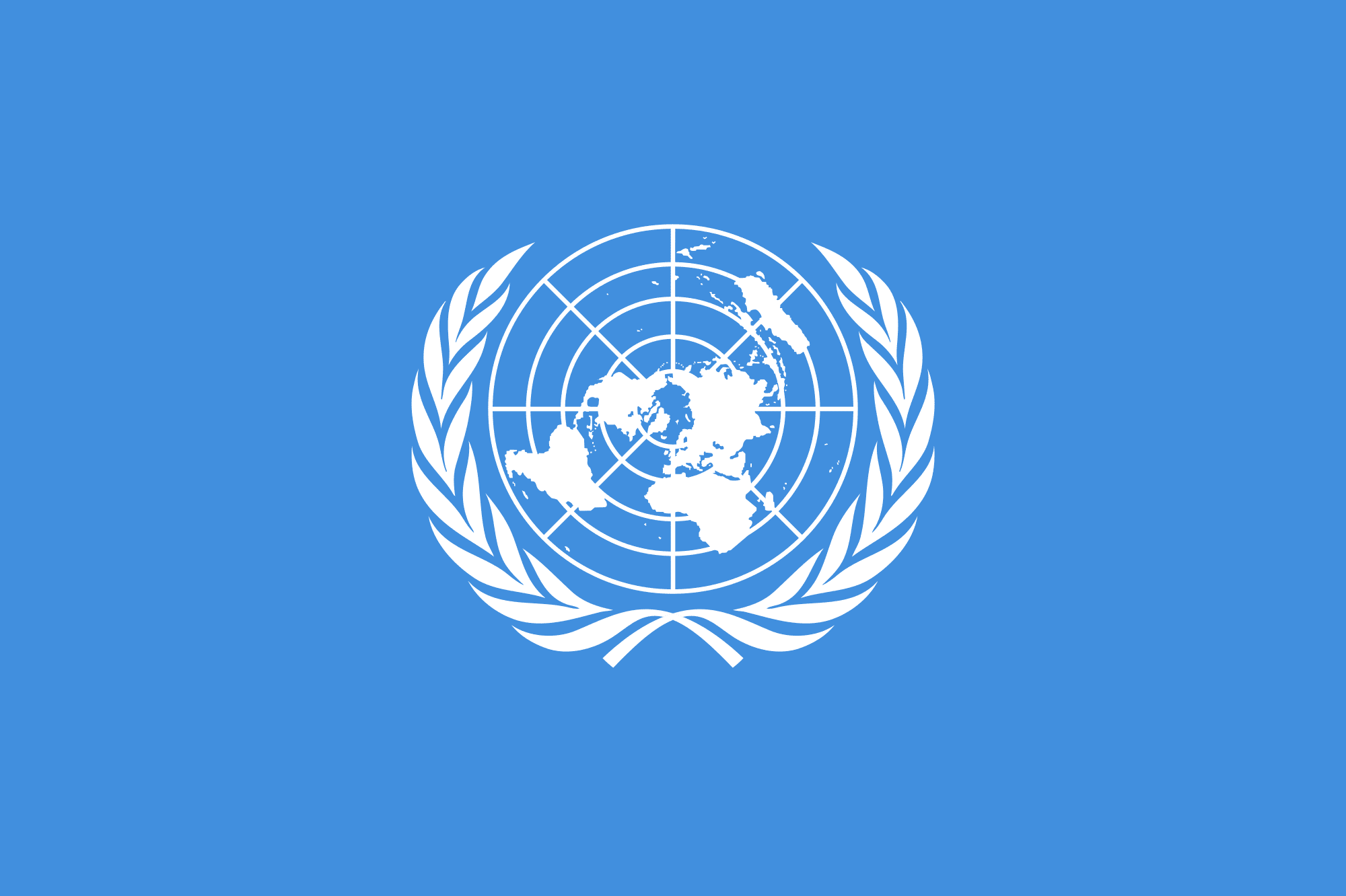The UN Human Rights System comprises of nine treaties focusing on all types of human rights. The system was born out of the 1948 Universal Declaration of Human Rights which set out for the first time on a global scale the fundamental human rights that were to be universally protected. These rights include among others: the right to life, the right to non-discrimination, the right to vote, the right to freedom of expression and religion, the right to a family, the right to privacy, the right to health and education, and the right to a decent standard of living. Despite this, the rights contained within the Universal Declaration are not legally binding on States. In 1966, the UN therefore adopted the International Covenant on Civil and Political Rights (ICCPR) and the International Covenant on Economic, Social, and Cultural Rights (ICESCR) as legally binding treaties encompassing the rights contained within the Universal Declaration. Together, the Universal Declaration and the ICCPR and ICESCR form what is called the International Bill of Human Rights. The International Bill of Human Rights is the cornerstone of a series of internationally binding human rights treaties covering a variety of different rights.
The core international human rights treaties cover:
- Civil and political rights (International Covenant on Civil and Political Rights);
- Economic, social and cultural rights (International Covenant on Economic, Social and Cultural Rights);
- The elimination of racial discrimination (International Convention on the Elimination of Racial Discrimination);
- The elimination of discrimination against women (International Convention on the Elimination of Discrimination Against Women),
- Protection against torture (International Convention against Torture and Other Cruel, Inhuman or Degrading Treatment or Punishment);
- Children’s rights (International Convention on the Rights of the Child);
- Migrant workers’ rights (International Convention on the Protection of the Rights of all Migrant Workers and Members of Their Families);
- Rights of persons with disabilities (International Convention on the Rights of Persons with Disabilities); and
- Protection against enforced disappearances (International Convention for the Protection of All Persons from Enforced Disappearance).
- Human Rights Committee (ICCPR)
- Committee on Economic, Social and Cultural Rights (ICESCR)
- Committee on the Elimination of Racial Discrimination (CERD)
- Committee on the Elimination of Discrimination Against Women (CEDAW)
- Committee Against Torture (CAT)
- Subcommittee on Prevention of Torture
- Committee on the Rights of the Child (CRC)
- Committee on Migrant Workers (CMW)
- Committee on the Rights of Persons with Disabilities (CRPD)
- Committee on Enforced Disappearances (CED)
- Approval of a new Penal Code in 2019 which criminalised acts of discrimination based on sexual orientation
- Regulation of the employment quota for people with disabilities
- Approval of a new strategic plan on the prevention and combatting of corruption (2018)
- Approval of a national policy for gender equality and equity (2013)
- Approval of an executive plan to combat domestic violence (2013)
